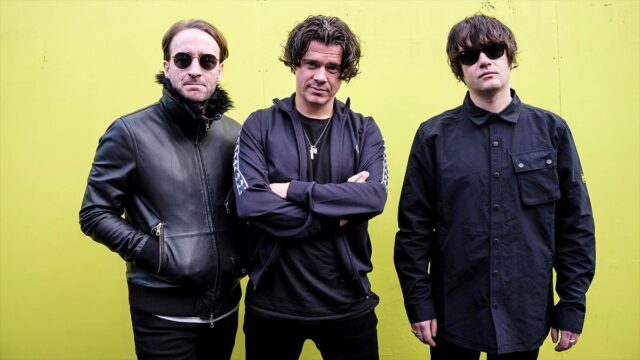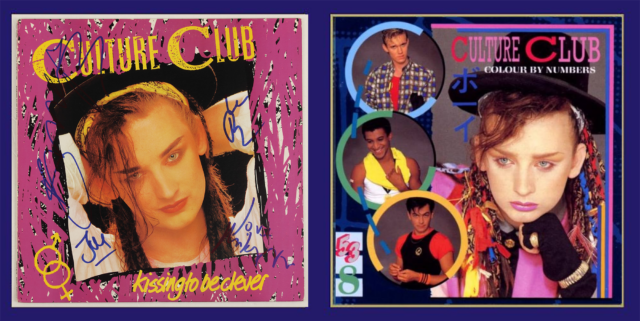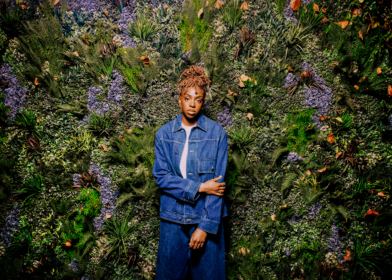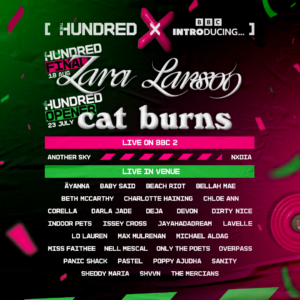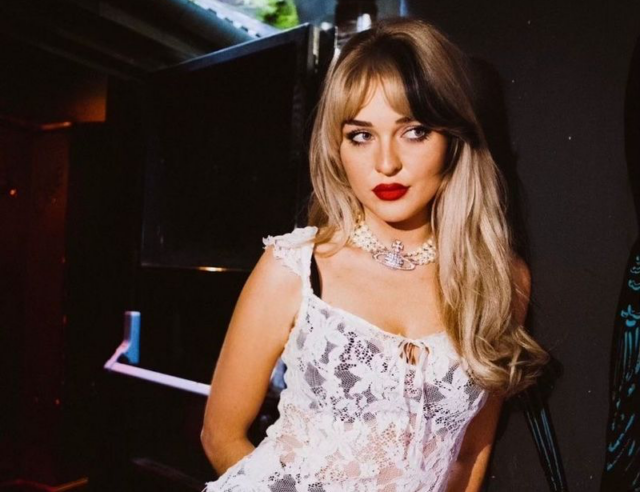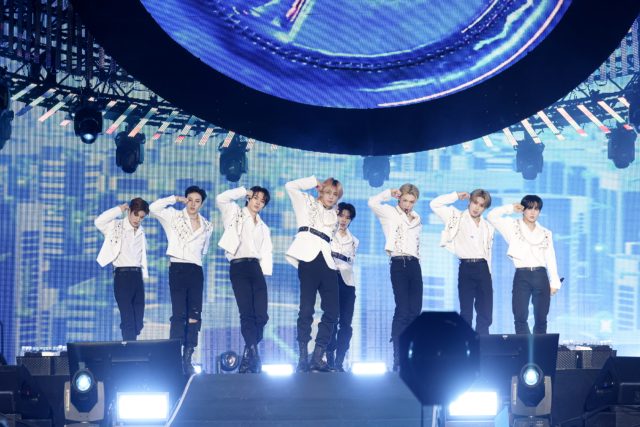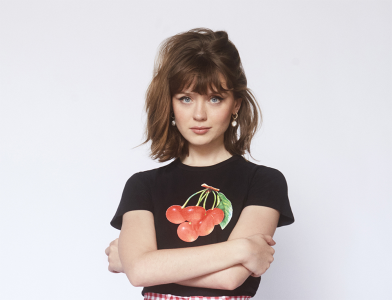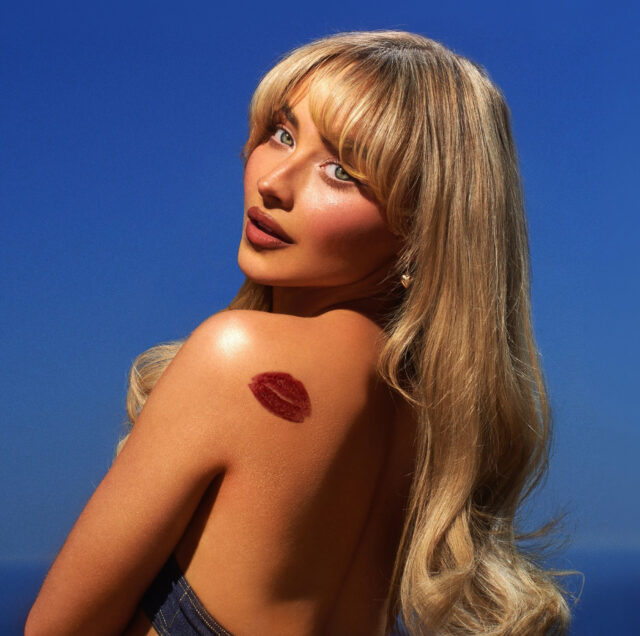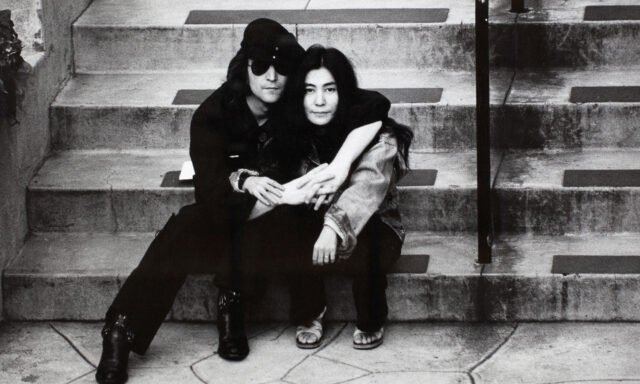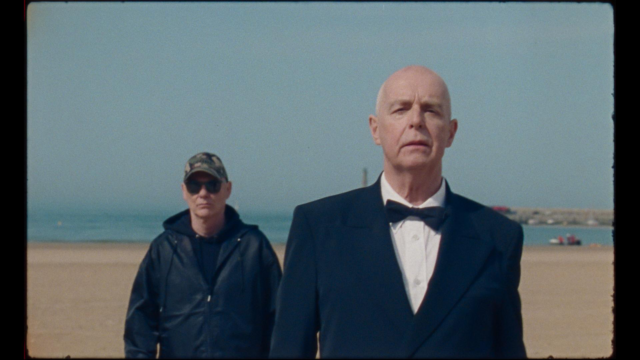Nina Nesbitt Unveils New Track, “I’m Coming Home” & Announced As Stevie Nicks Support For London BST Hyde Park On 12th July
Acclaimed Scottish singer, songwriter, producer, and multi-instrumentalist, Nina Nesbitt today releases yet another soul-stirring track from her forthcoming album, Mountain Music. “I’m Coming Home” is a rousing Springsteen-inspired, journey back to the places and people she loves. Listen HERE.
The single release is accompanied by the news that Nina Nesbitt will support Stevie Nicks at London BST Hyde Park on 12th July 2024.
Speaking about the track, Nina reveals, “’I’m Coming Home’ is a song for rolling down the windows, driving up the dirt roads on your way back home. I was inspired by some old Bruce Springsteen songs and a lot of the US folk music I was listening to when making the album but I’d never heard a song about growing up in a Scottish village, so I wanted to add my own narrative to all the classic ‘coming home’ folk songs. It’s an ode to my Scottish roots.”
“I’m Coming Home” follows previous releases, “Pages” ,“On The Run,” and most recently, “Mansion”, a spectral, gossamer track that arrived this past spring, alongside the exciting news that her forthcoming fourth studio album, Mountain Music is to be released on September 27, via her own record label—Apple Tree Records. The album is now available to pre-order.
In addition to the digital release, Nina has announced exclusive Roadtrip Bundles, available to pre-order now on her official online store. The bundles include a signed copy of the new album on CD or vinyl, cassette, bumper stickers as well as a run of specially commissioned Mountain Music maps, designed by artist Sarah Obtinalla. For more information and to pre-order a Roadtrip Bundle, please visit Nina’s official store.
Having risen to fame at a young age with her disarming, candid pop – championed by stars including Taylor Swift – with her new album, the Scottish musician is now found in an entirely new realm. Mountain Music is inspired in part by the two years she spent touring the States in support of her second studio album: the critically acclaimed Top 40, The Sun Will Come Up, The Seasons Will Change, which has now accrued over a billion streams.
The songs on Mountain Music are permeated with gorgeous nods to US folk and Americana. Produced by Peter Miles and Nesbitt, and mixed and mastered by Miles at his studio MiddleFarm in South Devon, in the UK. It will be released via her own label, Apple Tree Records, which Nina launched earlier this year with her longtime manager, Vicky Dowdall. The name, a playful nod to her 2012 debut EP, The Apple Tree, this marks the start of an exciting new era for Nina Nesbitt, both personally and creatively.
Talking about her new body of work, Nina says, “I’m beyond excited to be releasing my new album, Mountain Music, on 27th September. To me, it feels like the most authentic and honest piece of work I’ve created so far. I was inspired by a lot of the American folk music I grew up listening to, and revisiting it made me fall back in love with writing music again. I knew I wanted to take inspiration but to also write my own story. That being, someone with a female perspective who grew up in a Scottish village and spent her turbulent twenties in London. This album celebrates that small town girl, puts an arm around the big city twenty-something and looks back at the view with me now from the calm and the quiet. It’ll be the first release on my own record label, Apple Tree Records, which I’m delighted about. It feels like the perfect time to take full control of my career and put my stake in the ground as the artist I’ve always dreamed of being. Mountain Music held my hand through some of my hardest moments and I hope it can hold yours too.”
Last month, Nina played a SOLD OUT show at London’s Camden Assembly, debuting some new tracks from the album for the very first time. Thanking her fans on social media after the show, Nina shared “Thank you so much for last night, London. For selling this show out in under a minute, singing along to even the unreleased songs, listening so intently to the ones you haven’t heard .I’m even more excited for ‘Mountain Music’ after that. I hope you all enjoyed it as much as I did.” Days before her headline show, Nina graced the stage at London’s iconic O2 Arena, joining American singer-songwriter LeAnn Rimes as a special guest, an experience which Nina described as “magical.” Stay tuned for more music and live dates, to be announced soon.
Nina Nesbitt – Mountain Music
Powered by found.ee


